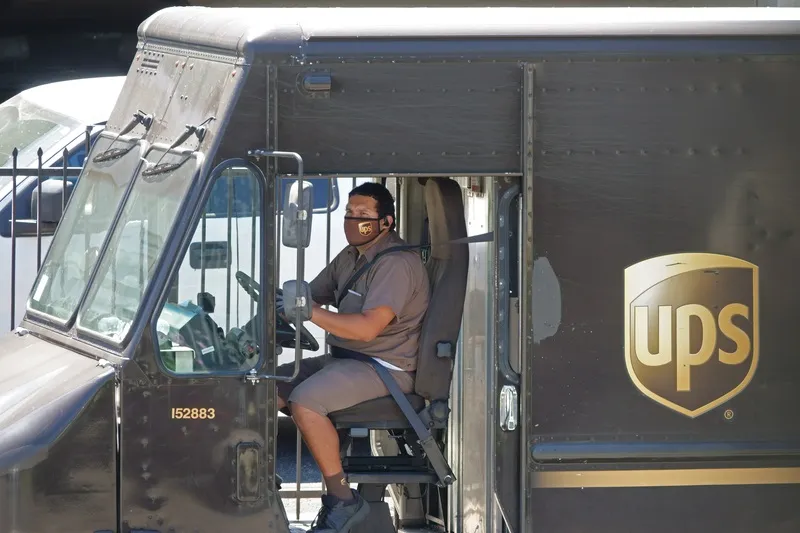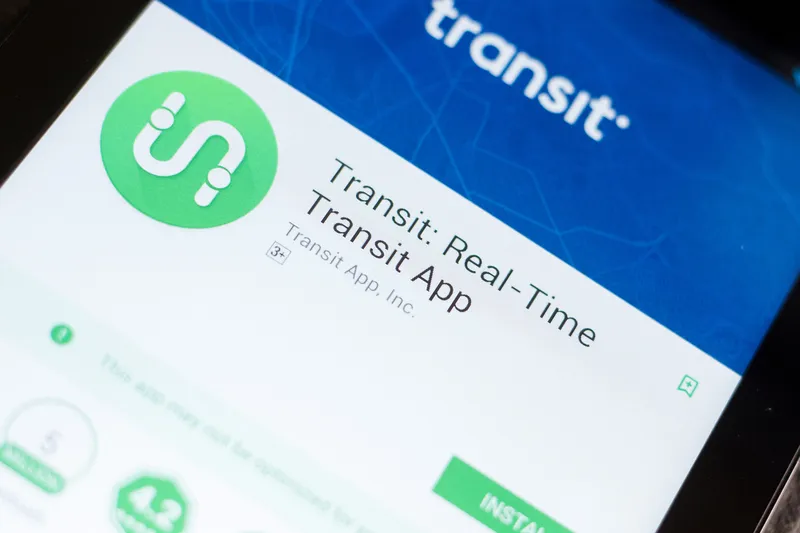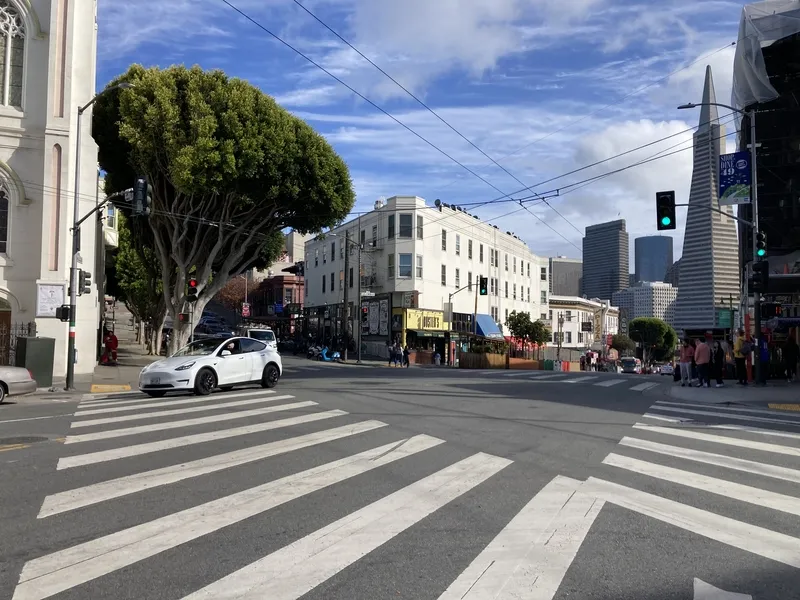
Everyone knows that finding a place to park in cities is a headache – but imagine how much bigger the pain must be if you’re a delivery driver who has to do this for a living every day?
Various apps aim to help motorists work out where available parking spaces are – but CurbFlow is concentrating on the increasingly crowded commercial vehicle market.
The company is launching Virtual CurbFlows to provide delivery drivers with information on available kerb space - using its network of merchant-hosted devices in Washington, DC and Columbus, Ohio.
CurbFlow founder Ali Vahabzadeh says the solution ‘virtualises’ the existing kerb space without repurposing any rules, regulations or infrastructure.
Its solution uses its computer vision (CV) and customised machine learning (ML) models to detect availability in real-time along with measure length to tell fleet customers which vehicles will fit in open spaces.
One delivery driver likens the real-time service to being "like Waze for parking".
CurbFlow’s network of computer vision devices (CVD) can also divert drivers to alternate spots if space in front of the destination is fully occupied, the company adds.
This approach may help reduce the time drivers spend looking for available kerb space as research from the University of Washington shows commercial vehicle cruising on average accounts for 28% of the total trip time.
In an age where there is suspicion of surveillance, however well-intentioned, CurbFlow says it is mindful of privacy concerns.
“We’re computing where the device is — at the edge — so we don’t have to stream and store video back to a cloud that may be compromised, as we’ve seen in a number of high-profile cases,” Vahabzadeh continues. “Further, we don’t use any facial recognition technology.”
This approach allows retailers and delivery operators to team up to build a virtual network to benefit each other as well as pedestrians, cyclists and other drivers without needing to consume public resources, he says.
Later this month, CurbFlow will launch part of its virtual network in Washington, DC in a move which will provide drivers working for food delivery service DoorDash with exclusive use of the CurbFlow app.
The network of merchant-hosted devices installed in Washington, DC and Columbus resulted from a project in which CurbFlow invited commercial operators to reserve kerb space for deliveries at ‘hotspot’ locations which it calls Managed CurbFlows.
CurbFlow found restaurants and shops responded positively to kerb space being repurposed from on-street parking to digitised loading zones.
Merchants confirmed over the last several years customers and employees often visit their establishment by modes other than their own car, making on-street parking less important. They also found their own businesses are increasingly dependent on more efficient inbound and outbound deliveries.
Following this project, CurbFlow asked merchants if they would host CVDs in their store fronts to identify available kerb space in real-time.
“Overwhelmingly, merchants encouraged us to install the CVDs and just before Covid-19 hit in March, we deployed hundreds of our devices in DC and Columbus to test our network,” Vahabzadeh adds.
Of course, such technology can have other applications. Aside from kerb space, CurbFlow says it has been approached by public agencies during the coronavirus pandemic to identify crowding at bus stops, alert enforcement of traffic infractions, detect face mask usage and better understand pedestrian flow.
It thinks there is also a part to play in the development of autonomous vehicles (AVs).
“We also believe our device network will form the backbone of the AV industry by helping their algorithms find safe and legal curb space for all their disparate needs,” Vahabzadeh concludes.
Looking ahead, CurbFlow has also raised $8 million in funding to further develop its CV and ML capabilities and expand with existing and new fleet operators.










